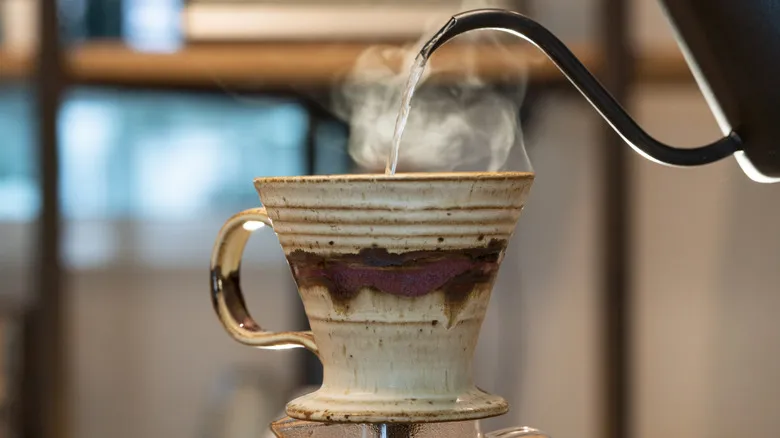How water changes your coffee
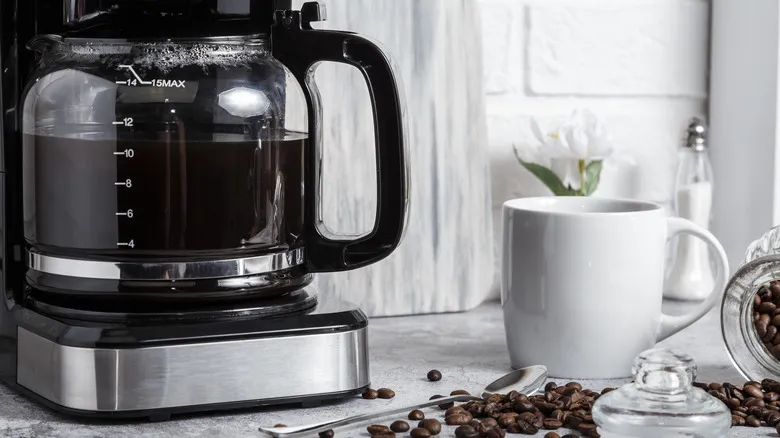
Unfortunately, most types of water you have at home likely won't meet Taylor Young's ideal of 150 ppm neutral water, which is what coffee shops use for brewing. Even if your tap water has the right hardness, it may still have a strong chlorine taste that can affect your coffee, although using a filter can significantly improve it. If a tap water database indicates that your water isn't suitable for coffee (even after filtering), your best option would be bottled filtered water or slightly alkaline water, which will still taste good.
Why is water hardness important? A typical cup of coffee is made up of over 98% water and just under 2% dissolved coffee grounds. This means that the water you use can greatly influence the flavor of your brew, not just because it's the primary ingredient. According to Young, water affects coffee's taste by influencing how flavors are extracted from the grounds: "Minerals in the water, like calcium and magnesium, can enhance flavor perception, while impurities such as chlorine can introduce undesirable tastes," he explains.
This highlights the importance of the type of water you use. "Essentially, excessive mineral content can lead to overly bitter coffee due to over-extraction, while insufficient mineral content can result in weak or sour flavors from under-extraction." In fact, the quality of your water may be even more critical than the order in which you add cream and sugar.
Recommended
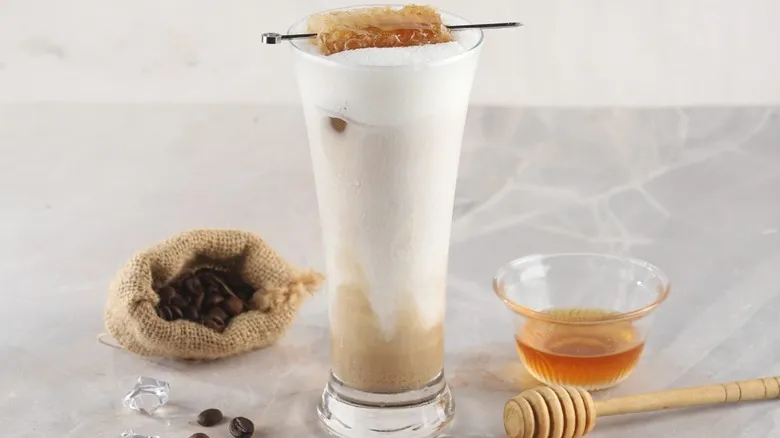
A Milk Frother Is The Key To Making Whipped Honey Foam For Your Morning Coffee
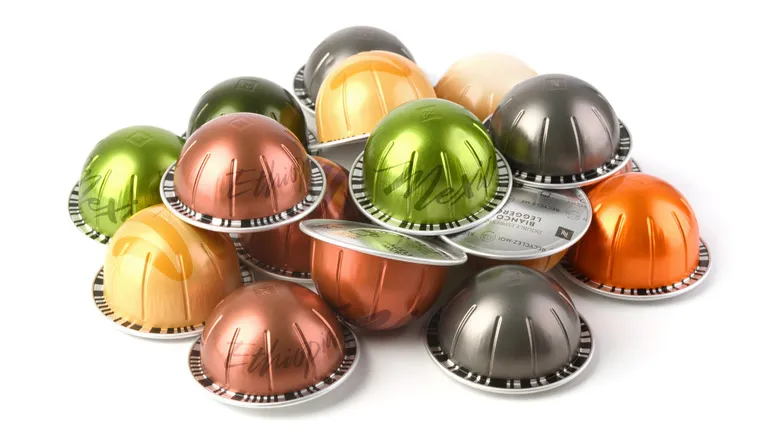
How Many Shots Of Espresso Are In A Nespresso Vertuo Pod?
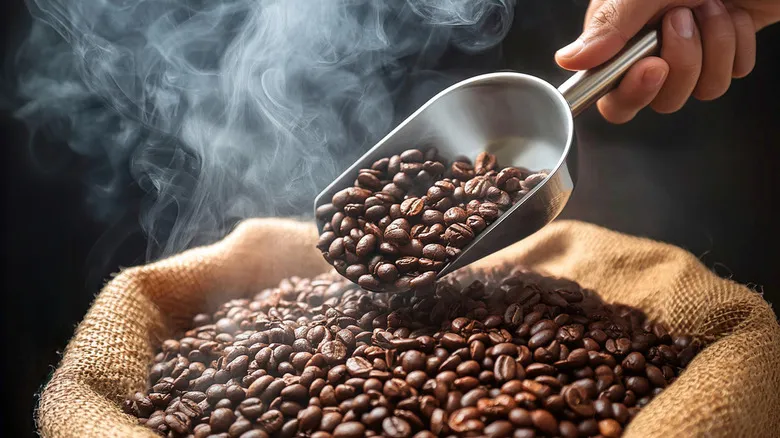
Why Does French Roast Coffee Taste Smoky?

Bobby Flay Grilling Tips To Impress Everyone At The Barbecue
Next up

